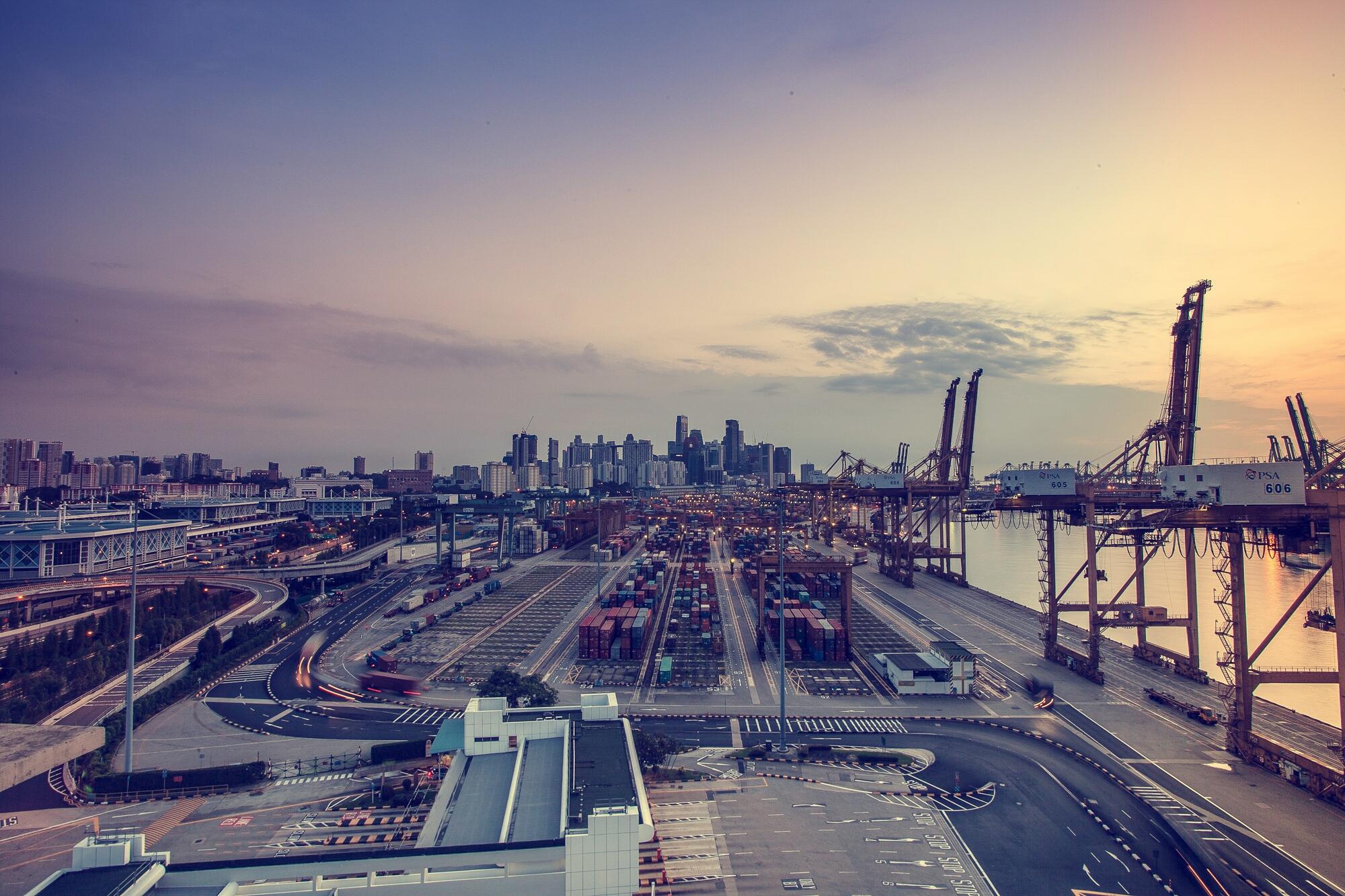Publications
Introduction to UNIDO - Inclusive and Sustainable Industrial Development
Publication Year: 2015 Publisher: UNIDOBackground
Today, poverty remains the central challenge for our world, but we have effective means to eradicate it within the next generation. Industry continues to be a proven and crucially important source of employment, accounting for almost 500 million jobs worldwide, representing about a fifth of the world’s workforce.
Industrial development and trade in industrial goods have a proven track record in effectively reducing poverty. The recent examples of the role played by industrial development and manufacturing, including in China, the
Republic of Korea, and the many other Asian ‘tigers’ and ‘dragons’, speak for themselves. These success stories represent models for many developing countries for drafting policies to effectively lift large numbers of people out of poverty.
Manufacturing industries and their related services sectors can absorb large numbers of workers, provide them with stable jobs and increase the prosperity of their families and communities. An efficient agro-industry enhances economic stability for rural households, increases food security and helps achieve economic transformation.
Experience shows that environmentally sound production methods in industry can significantly reduce environmental degradation. We have the capabilities for cleaner industrial production today: green industries can deliver environmental goods and services.
Committing to sustainable production patterns makes business sense. It reduces the wastage of costly resources, and contributes to increased competitiveness. Similarly, since energy inputs represent an important cost of production for industries, clean energy and energy efficiency have progressively become core determinants of economic competitiveness and sustained growth.
How much impact industry has on poverty eradication, environmental sustainability and food security is ultimately defined by the pattern of industrialization that a country chooses to follow. A long-term strategy can
put in place a framework of stable economic, legal and political conditions. It can also create incentives to invest in the necessary education, infrastructure, product quality, agribusiness solutions, innovation and entrepreneurial skills.
Industrial development and trade in industrial goods have a proven track record in effectively reducing poverty. The recent examples of the role played by industrial development and manufacturing, including in China, the
Republic of Korea, and the many other Asian ‘tigers’ and ‘dragons’, speak for themselves. These success stories represent models for many developing countries for drafting policies to effectively lift large numbers of people out of poverty.
Manufacturing industries and their related services sectors can absorb large numbers of workers, provide them with stable jobs and increase the prosperity of their families and communities. An efficient agro-industry enhances economic stability for rural households, increases food security and helps achieve economic transformation.
Experience shows that environmentally sound production methods in industry can significantly reduce environmental degradation. We have the capabilities for cleaner industrial production today: green industries can deliver environmental goods and services.
Committing to sustainable production patterns makes business sense. It reduces the wastage of costly resources, and contributes to increased competitiveness. Similarly, since energy inputs represent an important cost of production for industries, clean energy and energy efficiency have progressively become core determinants of economic competitiveness and sustained growth.
How much impact industry has on poverty eradication, environmental sustainability and food security is ultimately defined by the pattern of industrialization that a country chooses to follow. A long-term strategy can
put in place a framework of stable economic, legal and political conditions. It can also create incentives to invest in the necessary education, infrastructure, product quality, agribusiness solutions, innovation and entrepreneurial skills.


